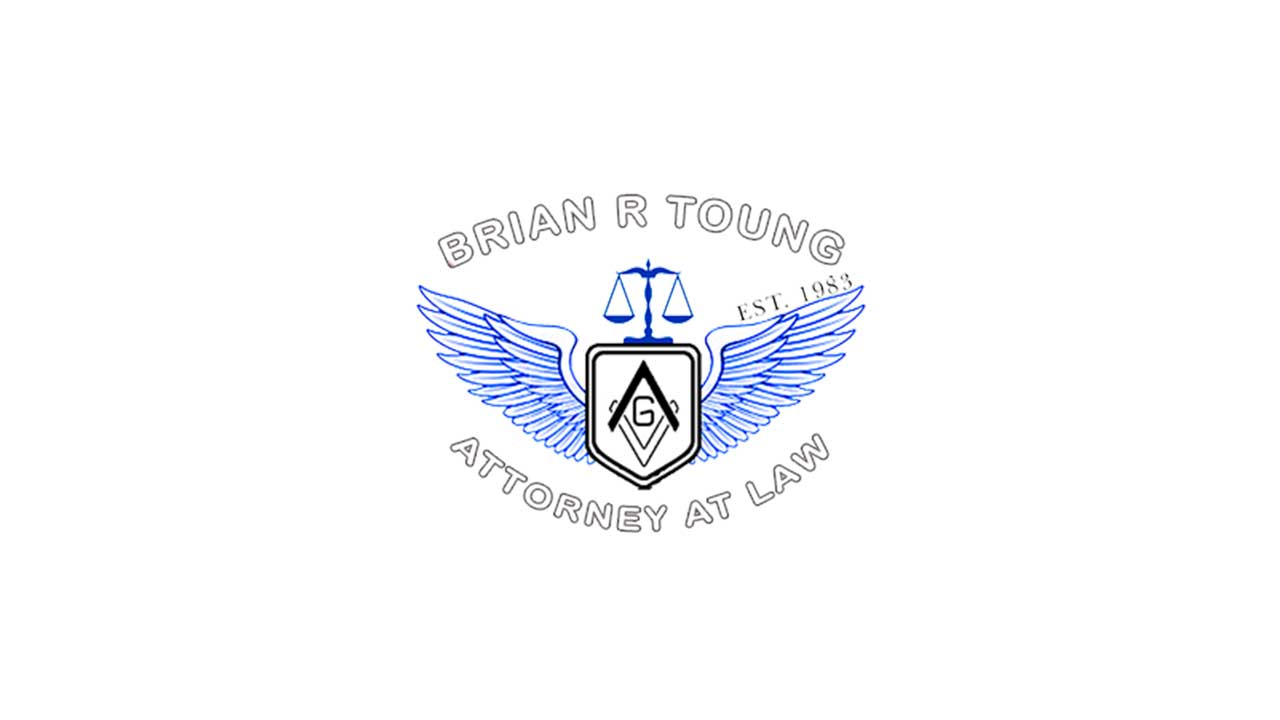Recent studies claim that there is an undeniable correlation between crime and head trauma. Any causation between the two wouldn’t be an excuse for the behavior, but it may provide some insight into who is at highest risk of committing a crime.
Here is a look at how brain injuries and criminal behavior intertwine and how psychological evidence can be used in a criminal trial.
More than half of all prisoners reported having a brain injury
A study published by Scientific American found that 60 percent of all U.S. inmates have at least one thing in common – they have all suffered from at least one TBI in their lifetime.
This is in stark contrast to the 8.5 percent of non-incarcerated individuals in the U.S. who reported a history of brain trauma. In total, TBIs amongst prisoners are seven times higher when compared to non-incarcerated citizens.
Head trauma can result in cognitive behavioral changes
The effect of TBIs on a person’s cognitive behavior can range from mild to severe. Injuries to the frontal lobes can result in personality and behavior changes, and can also affect impulse control. Changes to brain functioning may increase the odds of a person developing issues with mental health and can alter a person’s decision-making abilities.
Methods experts use to gather neuroscientific evidence
Experts rely on a variety of methods to prove that a prisoner sustained a blow to the head. Diagnostic methods can include functional magnetic resonance imaging (fMRI) and EEG tests. These test results can then be computed into algorithms that can shed light on the extent of the trauma sustained.
Neurological evidence may mean a lighter sentence
Researchers at Duke University claim that one study revealed that neurological evidence in a courtroom may persuade a jury or judge into handing down a reduced sentence. The findings indicated that 20 to 30 percent of defendants in appeals court received lighter sentences when neurological evidence was presented. The increase of such evidence being used in a courtroom may signal a shift in the future of criminal trials.
If you believe that head trauma is a contributing factor in your case it may be a good idea to consult with a seasoned attorney who can help with creating a solid criminal defense strategy.

